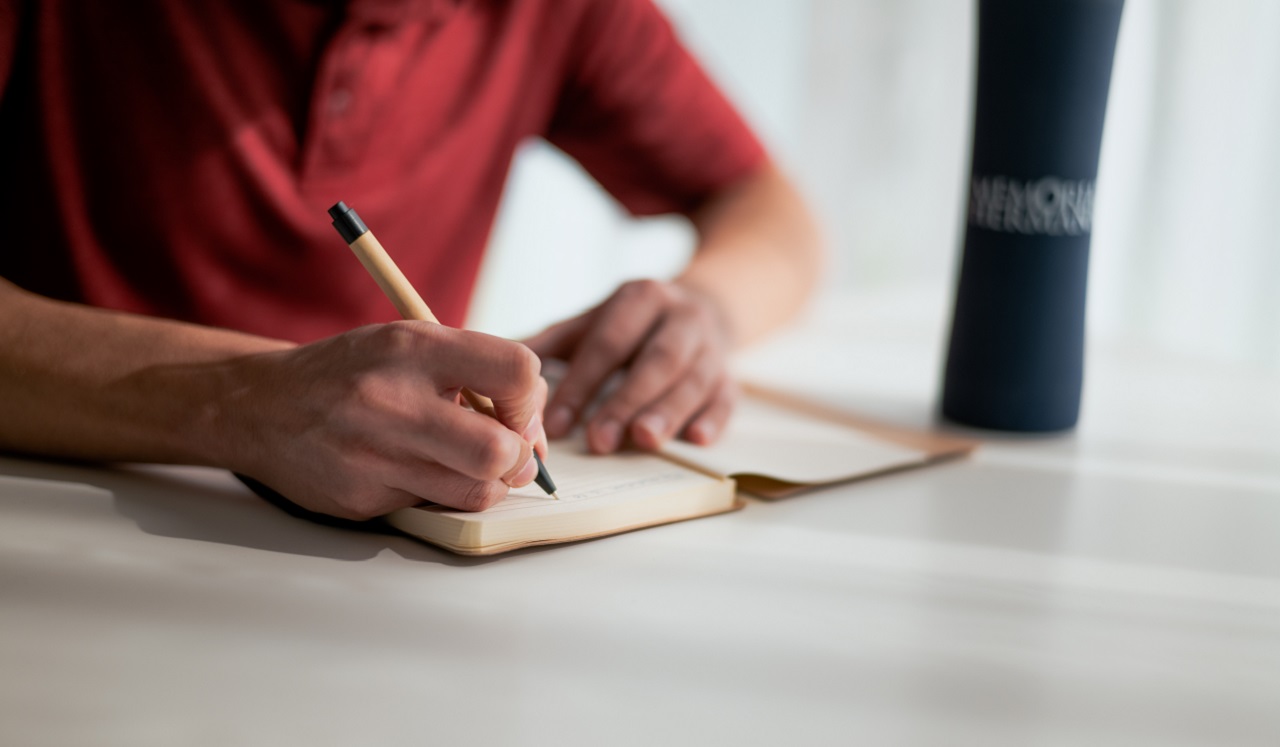When you’re desperate for slumber, it’s tempting to buy a sound machine and expect results.
If only it was that simple, says Dr. Ruckshanda Majid, MD, co-medical director of the Memorial Hermann Sleep Disorders Center at Texas Medical Center. “If you’re struggling to sleep, picking one intervention may not be enough. We must take sleep seriously and do what’s known to help. That may mean a holistic approach and not just one thing.”
Dr. Majid answers questions on how to improve sleep—and urges action:
Q. Which will help me fall asleep sooner: brown noise, white noise, pink noise or no noise?
White noise is the highest pitched, spanning multiple sound frequencies. Some find it masks slammed car doors and even ambulances. Others find it irritating and liken it to TV static.
“Pink noise has a lower tone and sounds lower pitched than white,” Dr. Majid says. “It’s more reminiscent of light rain, waterfalls or rivers. The deepest pitch is brown noise, like a heavy rainfall.”
If soothing music works better for you, then go for that instead.
Q. How do sound machines help?
You still perceive sounds when sleeping. Sound machines drown out the unpleasant environmental noise and may also provide a focus which prevents your mind from meandering, Dr. Majid says.
If your environment is quiet already, then white noise doesn’t offer much. But with construction or busy roads nearby, white noise may drown out more destructive noises. However, there’s little scientific evidence that proves this. “It’s very much anecdotal and individual.”
Q. Do sound machines have drawbacks?
White noise machines might deter your ability to sleep or depth of sleep. If they’re too loud, they can affect hearing or lead to ringing ears or tinnitus. If you’re a light sleeper and sensitive to noise in your environment, sound machines may have the opposite effect by disrupting your sleep.
“They can be helpful if you have a noisy environment, but I wouldn’t add noise to a quiet bedroom,” says Dr. Majid. “The evidence isn’t very strong that it’s beneficial.”
Besides, ambient noise continuously activates your ears, giving them and your mind less opportunity to rest. “A function of sleeping is to rest and recuperate,” Dr. Majid says. “Keeping ears active may cause more harm than good, so it isn’t likely the best strategy.”
“Even if I do recommend noise machines, they need to be implemented with general recommendations for better sleep.”
Q. What is the first step to better sleep?
Start with the basics. By going to bed and waking up at the same time every day, you can condition your body’s sleep schedule. Short naps can be also helpful. Try to maintain optimum comfort levels in your sleep area by keeping your bedroom cool, quiet and comfortable.
Also, avoid caffeine and refrain from watching TV or using your phone or laptop in the hour before bed to avoid overstimulation of your body. What you see or read can activate your mind when you want it to power down. Also, try to control stress when getting ready for bed.
Stop eating three hours before it’s time to lay down. A full stomach can make you uncomfortable and interfere with dozing.
Q. What about music as a sleep aid?
Music that’s pleasant to you can decrease stress and help you slip into sleep, she says. “If I were to pick (between music and a sound machine), music is a better choice.”
Q. My relaxation app sometimes wakes me up. What do I do?
If you listen to music or a relaxation app, set a timer that shuts it off.
Q. My mind is what keeps me up. What can I do?
Sometimes anxiety, stress and things that bothered you during the day can keep you awake.
To ease that stress, engage in something that can take your focus and allow you to relax and prevent intrusive thoughts.
You may find sound machines help because your mind may focus on the sound and be less likely to shift to other concerns, Dr. Majid says.
Q. What are other relaxation techniques for a racing mind?
You might engage in progressive relaxation techniques, such as sequentially relaxing muscle groups, one at a time from head to toe, or imagine yourself on a beach or where you’re most likely to unwind.
Another tactic involves sleep-specific apps, these may be better for fighting insomnia than relaxation apps. “They walk you through behavioral steps to help you based on your current sleep habits,” Dr. Majid says.
Then you can determine whether deep breathing, mindful meditation or other relaxation techniques are most effective for you. “Relaxation apps don’t walk you through your personal sleep habits to determine why you struggle sleeping,” she says.
Q. Beyond fatigue, are there other reasons we need to get the best rest we can?
Not getting good sleep can affect your overall health, Dr. Majid says. With seven to eight hours of quality sleep, heart rate and blood pressure drop to a healthier level.
Poor sleep also can lead to obesity, cardiovascular disease, depression and anxiety.
“I don’t think we talk about or appreciate a good night’s sleep as much as we should,” Dr. Majid says. “And we’re grossly underdiagnosing and undertreating sleep disorders.”
She estimates that 15% to 20% of people have an untreated sleep disorder, with insomnia being the most common. But while prescribing a pill for insomnia is easy, it puts a bandage on the issue and doesn’t resolve the basis from which it arises.
“Maybe do relaxation techniques or meditation at bedtime. And have a routine. Don’t wake and go to bed at varying times. We’d be a healthier and happier nation if we took steps to get a good night’s sleep.”

